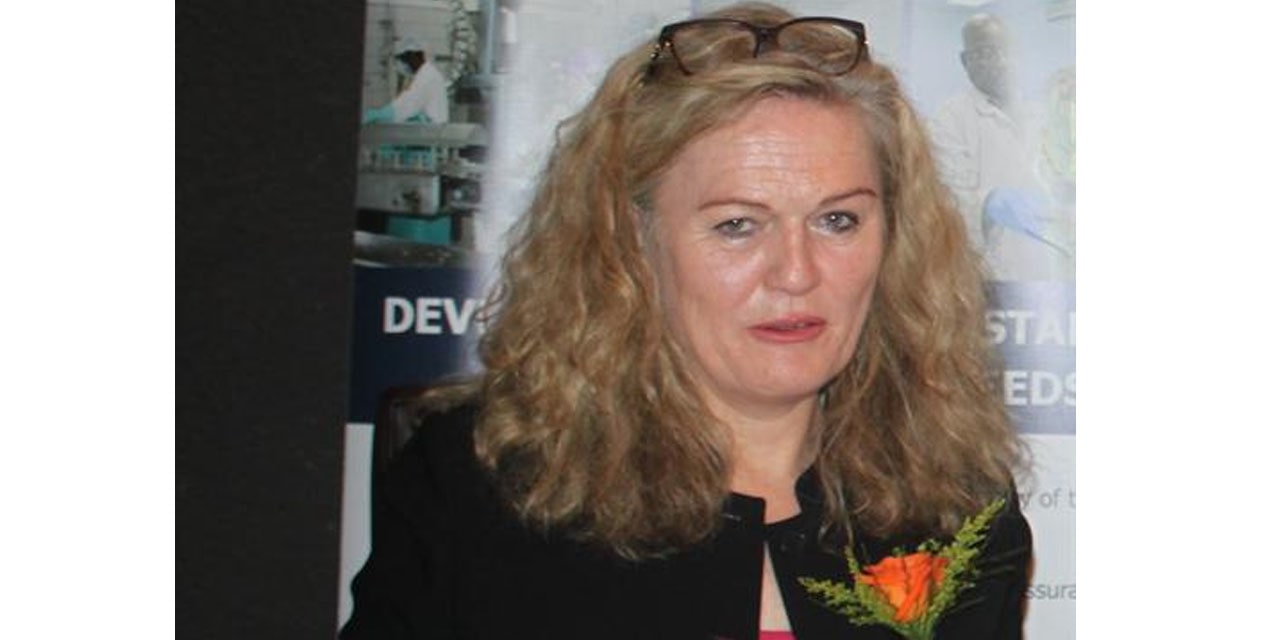Staff Writer
The government’s decision to repeal current manufacturing incentives, and the Economic Processing Zone’s (EPZ) will negatively impact on the country’s ability to attract foreign direct investment.
“The recently gazetted Amendments of Income Tax Act, No. 7249, have repealed the current manufacturing incentives, and the Economic Processing Zone (EPZ) which will be phased out by 28 February 2021. Team Namibia is totally in support of the manufacturing sector. We need more local produce and manufactured products for our sustainable economic development and most importantly, job creation and the reduction of poverty,” Team Namibia Account Director, Bärbel Kirchner said.
“The manufacturing sector has a huge potential for job creation, which is vitally important considering that the unemployment is at an unprecedented all-time high. However, with the amendments to the income tax legislation, Namibia is less likely to attract investment for new plants, or the extension of existing plants.”
Kirchner said Namibian manufacturing businesses will be taxed at the normal rate of 32 percent after the incentives are phase-out, whereas in neighboring Botswana, and in South Africa, manufacturing business will be taxed only 15 percent and 28 percent, respectively. “Now that the repeal of the manufacturing incentives is imminent, the question is how attractive Namibia is for potential investors, in particular in the manufacturing sector. When compared to alternative investment destinations, this drastic change will result in Namibia being less competitive. In a year’s time, Namibian manufacturing businesses will be taxed at the normal rate (32 percent), whereas in neighbouring Botswana, and in South Africa, manufacturing business will be taxed only 15 percent and 28 percent, respectively. In South Africa, there are additional manufacturing incentives,” the Team Namibia Account Director said.
She added that local manufacturing and industrialisation is critically important should Namibia wish to become more self-reliant and less exposed to changes in global demand and supply chains. “Considering current economic development, where Namibia has a low manufacturing base, and is largely dependent on imports, the country will remain hugely vulnerable. This is especially so when its exports – predominantly minerals and other commodities – are extremely sensitive to demand and price fluctuations,” Kirchner maintained.
She said it is critical that Namibia works toward positioning herself as a superior business location and makes every effort to create an exceptional environment for economic activity. “Pro-business policies are critical if Namibia wants to revive its economy and reduces its vulnerability. Alternatives would be to look at performance based incentives that, however, would still contribute to a reduction of start-up as well as operational costs. It might be necessary to conduct some research and look at the correlation of various incentives and the different effects on the performance of businesses in the sector. A comparative study of “peer countries” would also help to identify which incentives would secure the best return-of-investments, and optimally contribute to the growth of the manufacturing sector and the economy at large,” Kirchner said.




